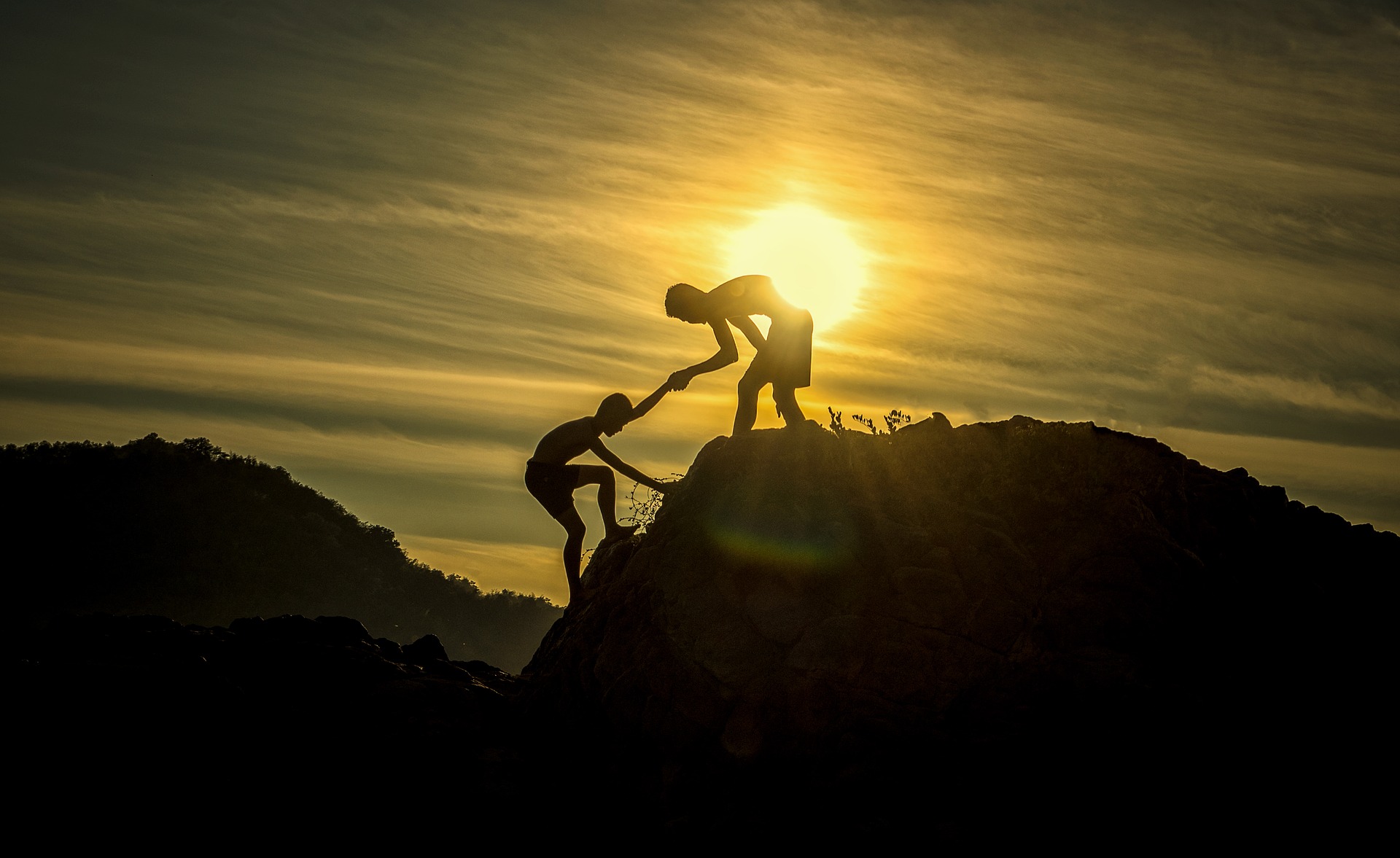January. The sun falls behind earth-colored buildings in the distance. The gold trimming of the Siamese temple glows, reflecting the late afternoon warmth. The streets are alive with slow-moving life. I can see the shape of the wind on the rustling leaves.
A constant whirring of car engines drowns out the music at this sleepy café. As the larger vehicles drive by, my chair vibrates in response. A friend in Jiangxi contacts me after many months of silence. He brings news of his father’s regrettably just incarceration. My heart trembles under its weight.
“This is just the way life is,” we agree. “Next time you’re town, let’s have a good meal together.”
Many of the men at this café are sitting under the illusion of solitude. Older, perhaps retired Japanese men sit each to each at appropriately distanced tables. I, like them, have come here from Asia’s eastern reaches to escape the bitter cold of deep winter. They, like me, watch the passersby and floating clouds with expressionless faces. How many images and half-remembered memories are being conjured in this very moment? They arise and dissipate in silence. The man beside me extinguishes his cigarette and leaves.
The man across from me runs his eyes down the vertical lines of text in his newspaper. The waiter chats with him suggestively, using his limited language skills to ask why he is sitting alone. “I’m not so well today,” he says with a requisite smile. He continues reading, now his newspaper, now a book. He intersperses this with phone calls. “How about tonight at Miyuki? No? I’m free tomorrow as well. I understand.” Our eyes meet, and he looks at me as if to say young men can be so unreliable, can’t they? Then he realizes that I likely can’t understand him. I’m too shy to tell him that I can.
The ancients taught that friendship was not necessary for the Wise Man, but that it should still be desired. Self sufficient by means of his virtue though he may be, the Wise Man is still a human. Aristotle dedicated an entire book of the Nicomachean Ethics to it, opening with the premise that “without friends no one would choose to live, though he had all other goods.” Zeng Shen, one of the four Sages of Confucianism, checked himself on 3 points daily, including whether or not he had acted faithfully toward his friends. King Yudhishthira in the Mahabharata stated his opinion that “neither swelling wealth, nor relatives, nor kinsmen, occupy that place which well-wishing friends occupy.” No corner of the world had failed to notice the primary importance of friendly relations among individuals.
And yet, here we all are, several millennia later. Each of us bearing several joules of potential friendship energy. An avalanche of human contact held in place by a complex web of social anxieties.
Friendship, the ancients believed, was a species of love. For the Stoics, friendship was trivially acquired by the virtuous. Seneca quotes the philosopher Hecato as saying, “If you want to be loved, love.” The path to genuine human connection, then, is paved with outward focused action. A friend, says Seneca, is “someone by whose sick bed he may sit, someone a prisoner in hostile hands whom he may set free.” In other words, friendship was an act of giving, of practicing empathy, kindness, and virtue. To love a friend is to serve him selflessly, for when we are good to others, we are good to ourselves.
The ruffle of the newspaper. The splash of condensed milk entering a glass of tea. A few of us watch as its whiteness twists and branches throughout the murky liquid. I am reminded of mixing paint in kindergarten. Of running my paint-stained fingers along the evergreen leaves. I wonder what other thoughts arise in this moment?
The Wise Man delights in making new friends. Not because he desires to stave off solitude, but in order to sharpen the blade of his philosophical practice. Wherever he goes, he bears the faint light of his virtue, and he shares it with those who will have him. He knows that with friends, we learn and grow. We discuss and debate. We try and change. However fleeting that friendly encounter may be, it is an opportunity for the practice of excellence. Life affords us no rehearsals. But with our friends we are allowed to experiment along the path to moral greatness. Friendship is the dojo of virtue.
“More and more elderly are dying without inheritors,” reads the Newspaper headline.
My unknowing friend folds his newspaper upon the table. He walks past me as he leaves, silhouetted in sunlight. I can hear the echo of a thousand unhad conversations. I cannot see his face.
The white walls of the temple gray with the dying light. The streets bustle with anticipation for the evening’s affairs. The wooden floor reverberates as a metal spoon clangs upon it with surprise. “This metalware is very old isn’t it?” I say, returning it to my elderly neighbor. “I bet it has many stories.” Overhead, birds are stirring. We can hear the changing tide of the wind.


